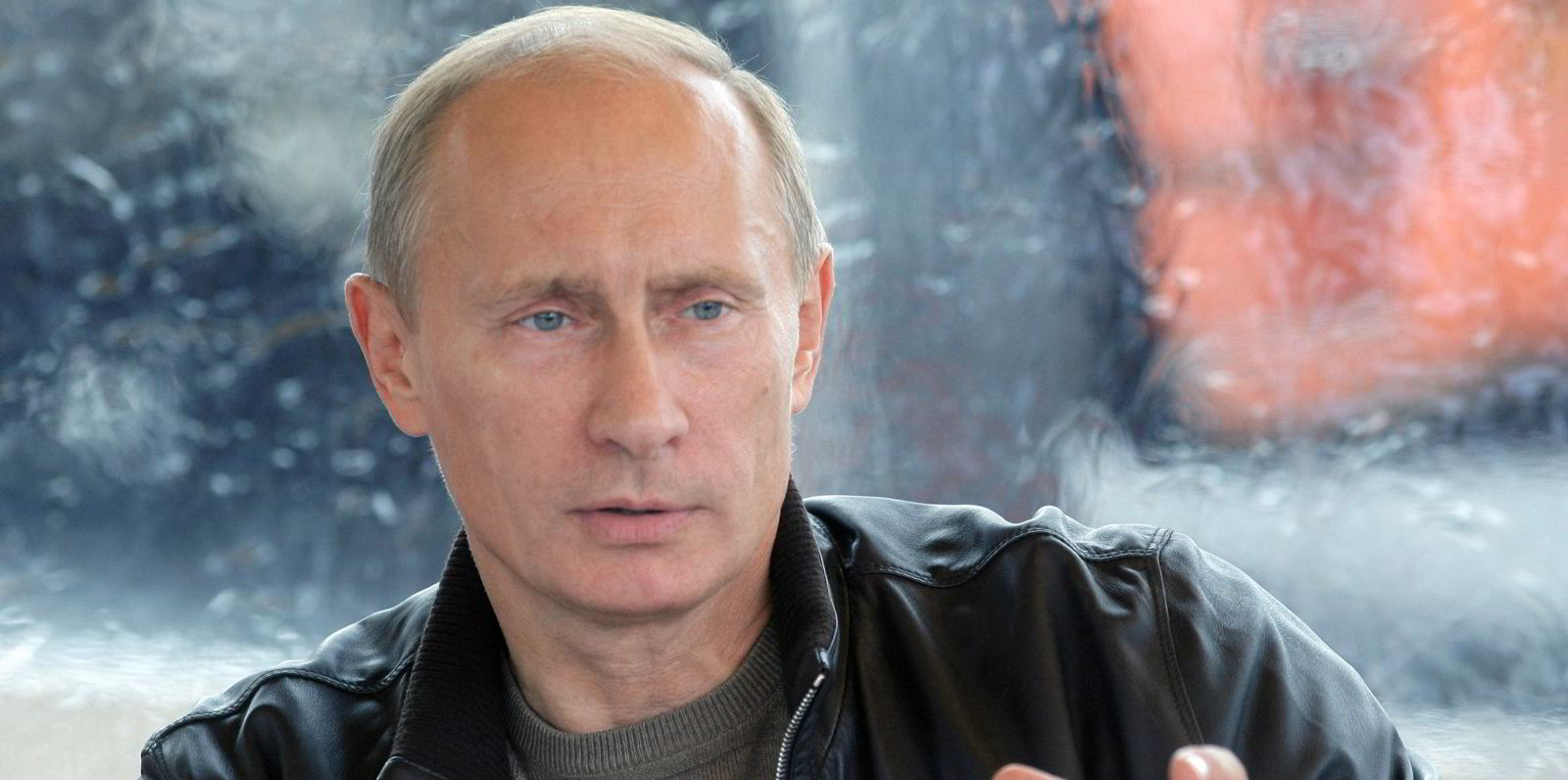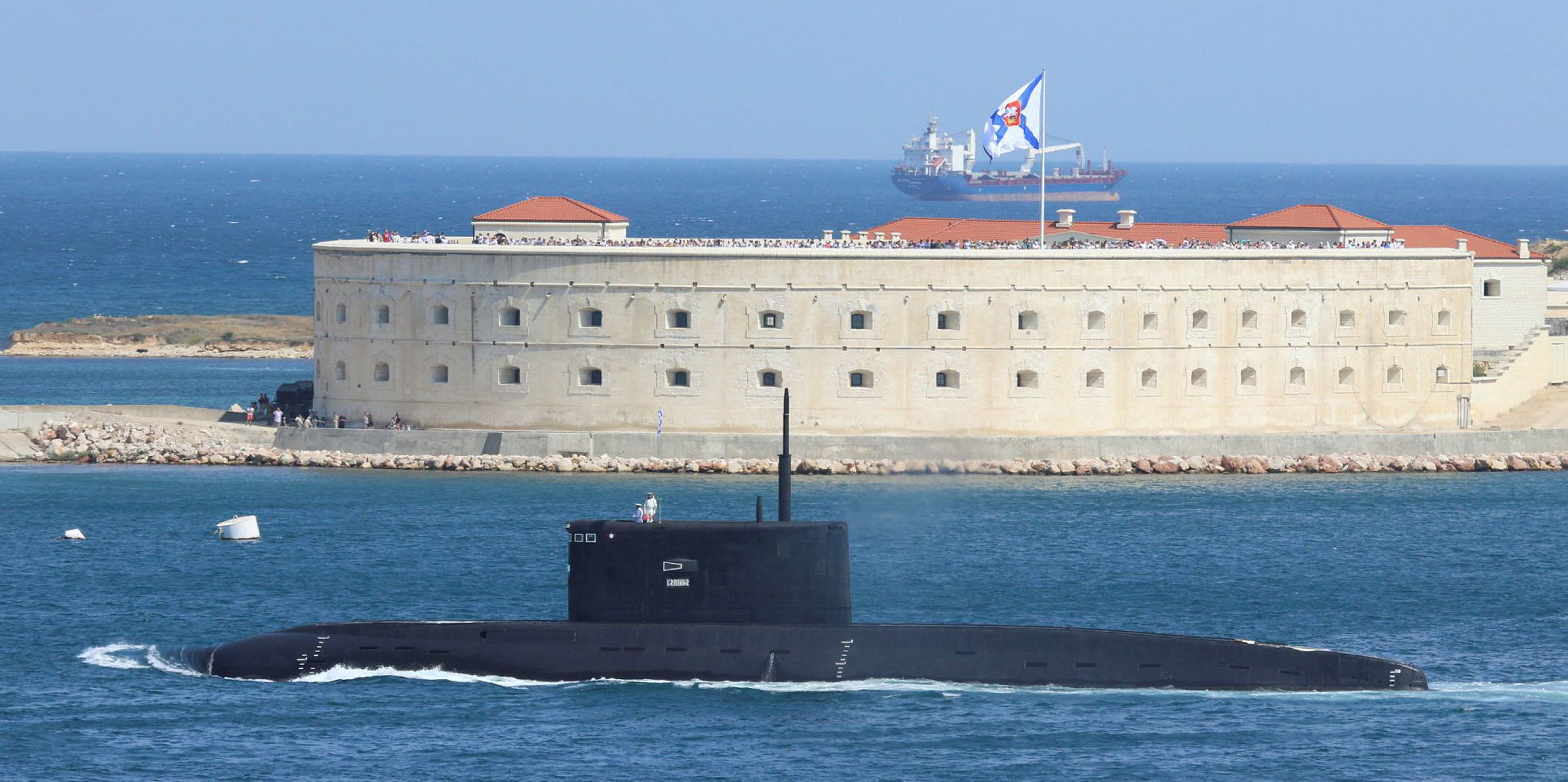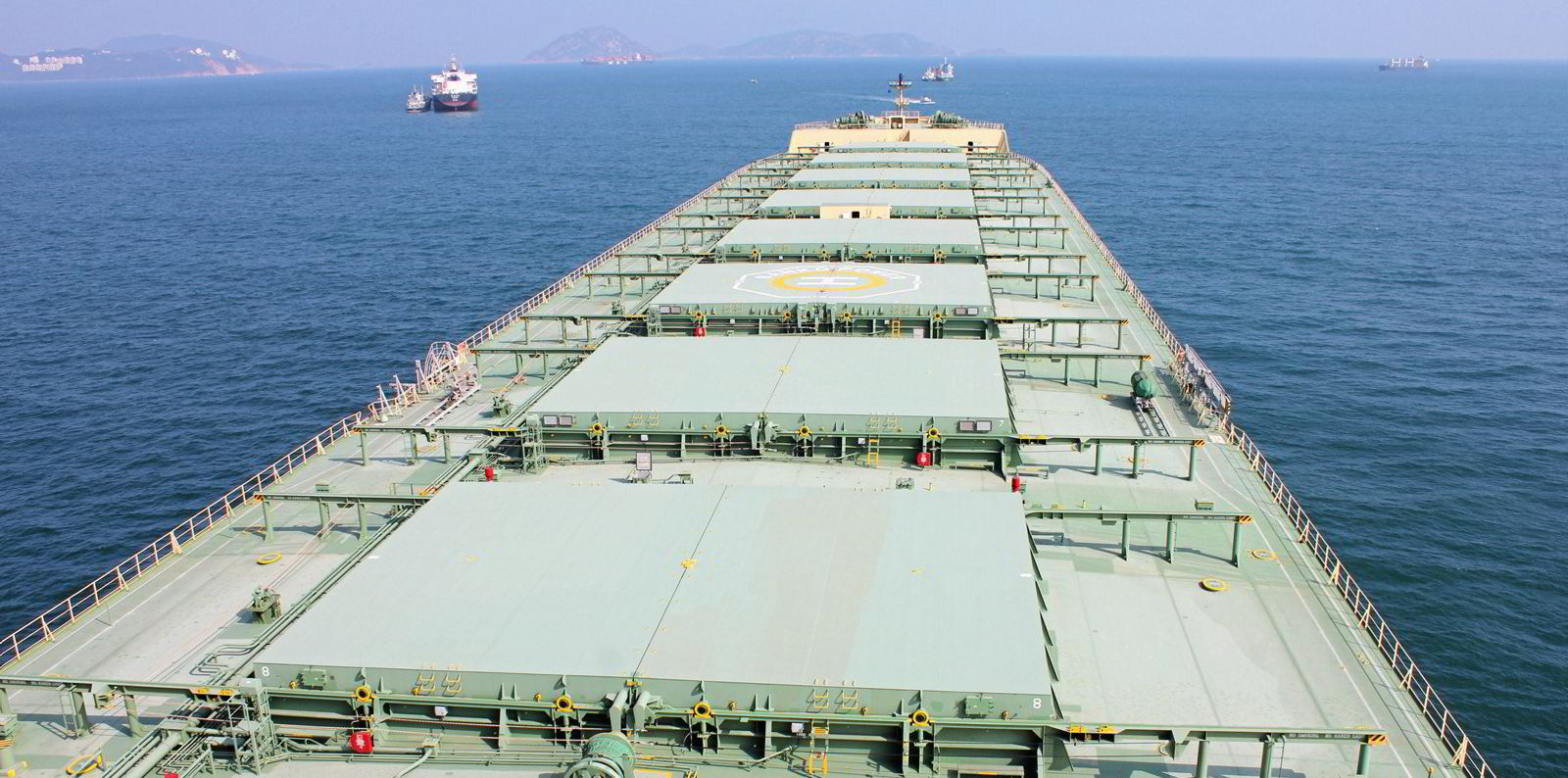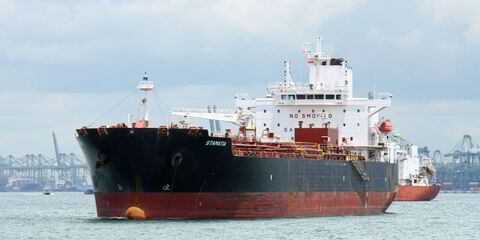The threat of sanctions by the West against Russia if it invades Ukraine could prove a double-edge for the tanker markets, a top shipbroker predicts.
Poten & Partners said even though a conflict may still be averted, the geopolitical tension between some of the world’s superpowers is real and since a major oil producer is involved it will create “significant uncertainty in the tanker markets”.
Russia is an energy powerhouse and plays a major role in global oil and gas markets and is also one of the leaders of the Opec+ coalition.
It produced 9.9m barrels per day (bpd) in the fourth quarter of 2021 a figure likely to rise to 10.1m bpd in the early part of this year, according to the International Energy Agency (IEA).
The country exports around 6.5m bpd with the bulk of it shipped to Europe either by the Druzhba pipeline system which supplies much of Eastern Europe or via ports in the Baltic and the Black Sea.
“Northwest Europe is the destination for most of the crude from Russia’s Baltic ports, while a significant portion of Russia’s exports from the Black Sea end up in Southern Europe. Relatively few seaborne barrels are shipped to Asia and the Americas,” said Poten.
The shipbroker said the importance of Russian crude for European refiners is a double-edged sword with European sanctions on Russian crude oil exports hurting both Russia and Europe.
However, Poten believes that it is unlikely that European countries would be willing to make Russia’s energy sector subject to sanctions.
If they did oil prices would skyrocket in the short-term because Russia is such a big producer, and the oil markets are already quite tight.
Secondly, Europe will need to find alternative sources of crude oil and/or products.
“Although there may be a transition period, one would expect that European countries will boost product purchases to prevent shortfalls,” said Poten.

The shipbroker said this would provide a “significant short-term boost” to the transatlantic product tanker market; MRs in particular will benefit, while additional supplies may be sourced from the Middle East and Asia, favouring LR1s and LR2s.
In terms of crude oil, Poten said European refiners will need to turn to Opec countries in the Middle East which potentially creates and interesting dilemma for the group of oil producers.
“Are they willing to increase deliveries to Europe when one of their partners (Russia) is the target of sanctions?” asks Poten.
If Opec does increase its exports to Europe, it is likely that more VLCCs will be utilised, while aframaxes and suezmaxes will suffer, the shipbroker added.
If Russia’s oil exports were sanctioned, the country will have to look for alternative customers for its crude, some of whom will likely be in China.
China already receives significant volumes of oil from Russia via the East Siberia Pacific Ocean pipeline that links Russia’s eastern Siberian oil fields with Chinese markets.
Poten said any additional volumes would mean more long-haul trips from the Baltic and the Black Sea, which would boost demand for suezmaxes and to a lesser extent aframaxes as Russia’s loading infrastructure does not support VLCCs, so boosting ton-miles.
In conclusion, Poten said in a scenario where sanctions are applied to Russia’s energy sector, we may see much higher oil prices and tanker rates.
“Sanctions will disrupt trade flows and create significant dislocations and inefficiencies, which typically benefit the tanker market,” it said.
However, it added that if oil prices remain high for an extended period, that could “dampen economic activity and oil demand”.





